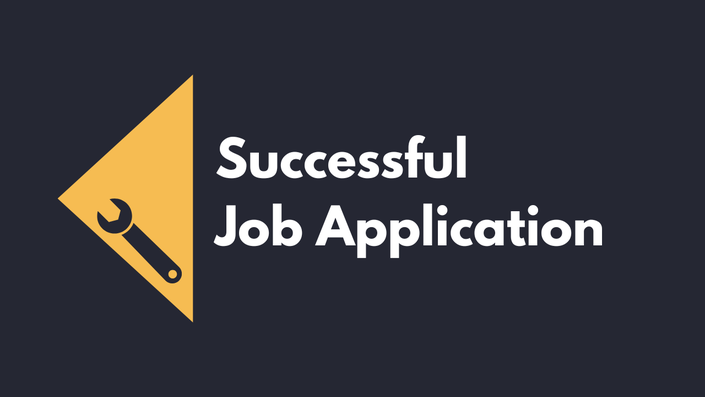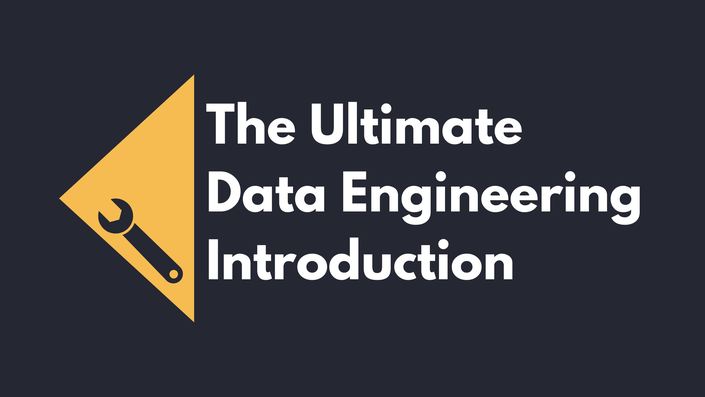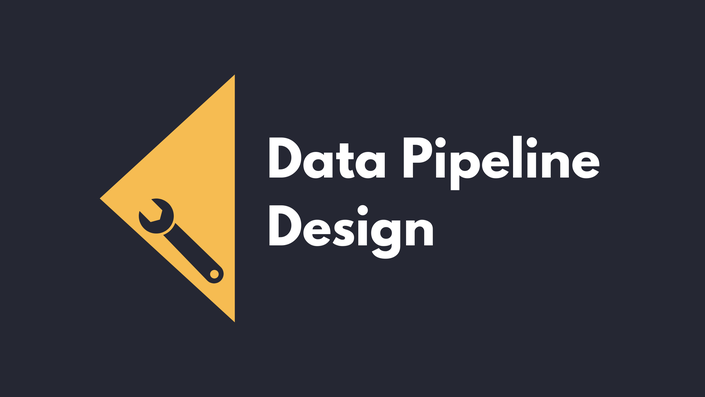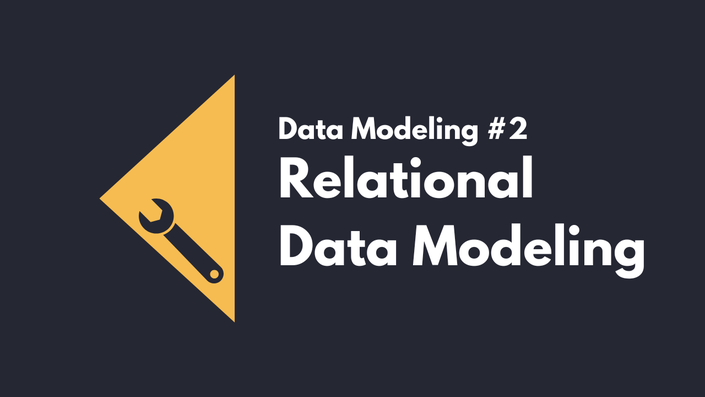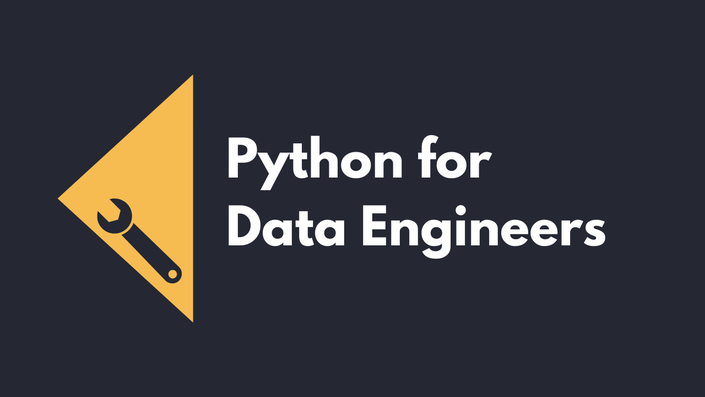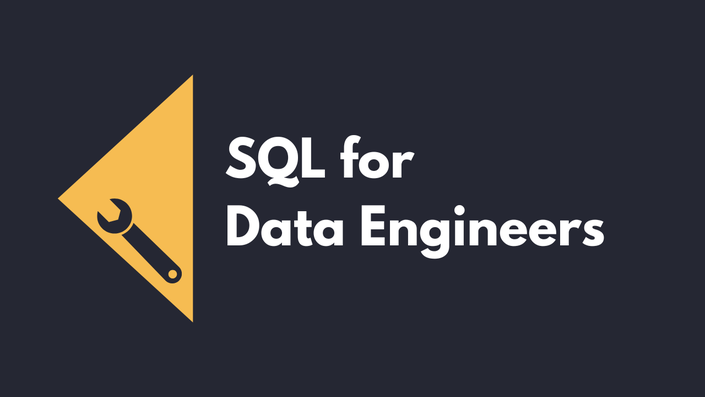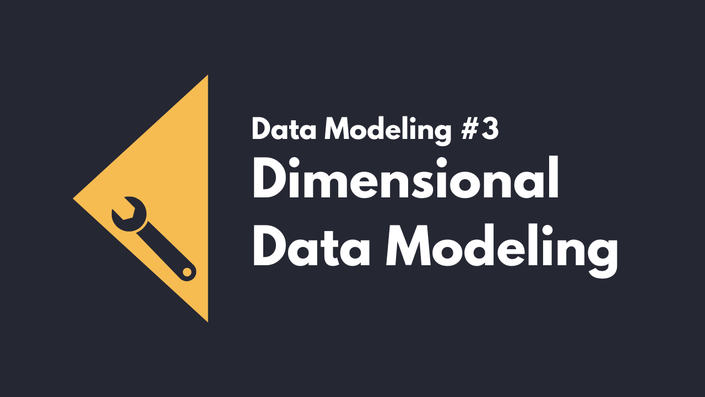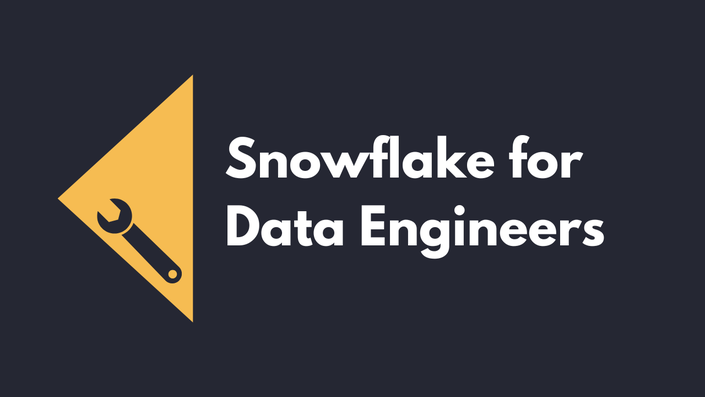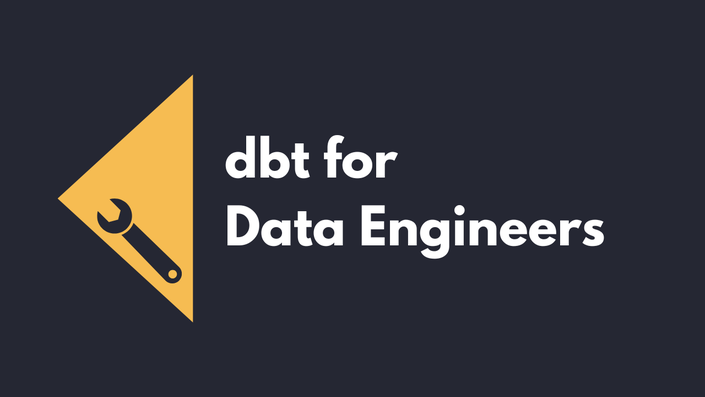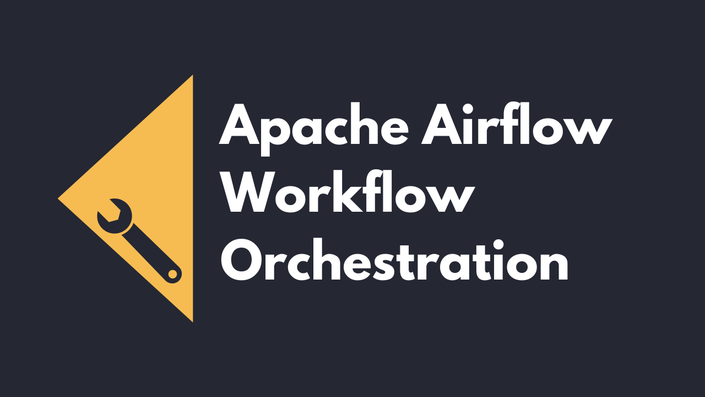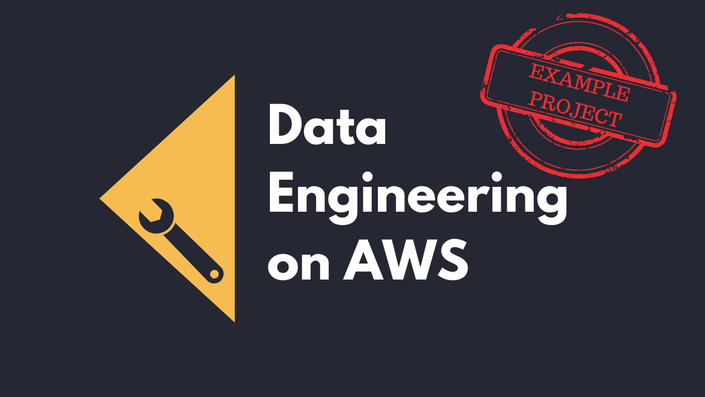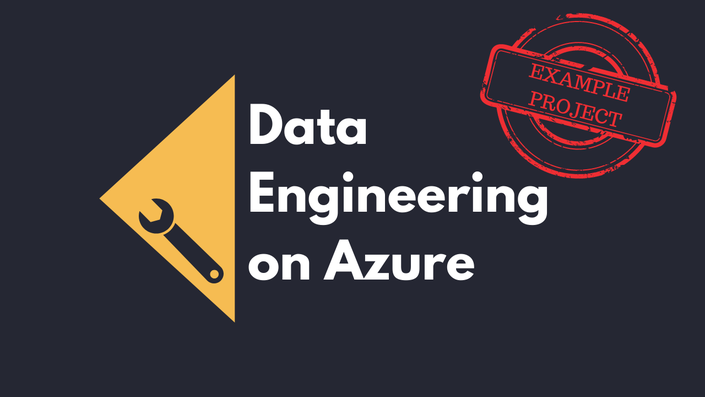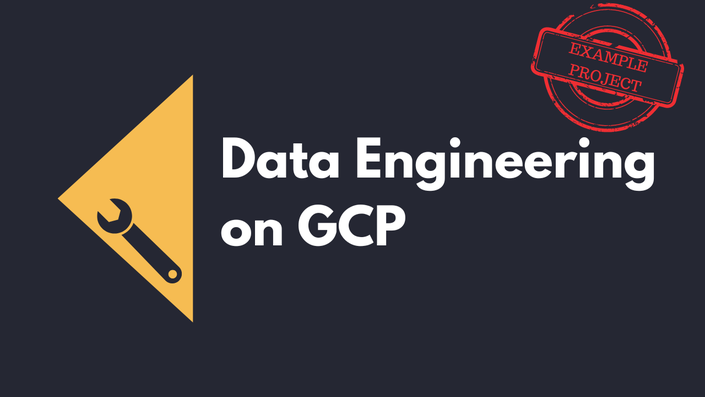Starting in data engineering can feel overwhelming, especially if you’re coming from a non-technical background or have only limited experience with coding and databases.
This 11-week roadmap, with a time commitment of 5–10 hours per week, is designed to help you build strong foundations in data engineering, step by step, before moving into cloud platforms and more advanced pipelines. You’ll learn essential concepts, hands-on coding, data modeling, and cloud ETL development—everything you need to kickstart your career as a data engineer.
Why This Roadmap is for You
✅ You’re just starting in data engineering and need a clear learning path
✅ You want to build a strong foundation in data platforms, SQL, and Python
✅ You need hands-on experience with data modeling, cloud ETL, and automation
✅ You want to work on real-world projects that prepare you for a data engineering job
By the end of this roadmap, you’ll have the skills, tools, and project experience to confidently apply for entry-level data engineering roles and start your career in the field.
What You’ll Achieve in This Roadmap
This roadmap is structured to help you understand the full data engineering workflow: from learning the fundamentals of data platforms and modeling to working with Python, SQL, and cloud-based ETL pipelines.
Goal #1: Gain Experience in Data Platforms & Pipeline Design
Before diving into coding, it’s crucial to understand how data platforms work. You'll learn about data pipelines, key platform components, and the tools used for each part of a modern data architecture. This includes both cloud-native solutions and open-source technologies. You’ll also explore different types of data stores and the basics of data modeling, which are essential for handling structured and unstructured data effectively.
Goal #2: Work with Data Like a Data Engineer Using Python & SQL
Once you understand how data platforms are structured, it’s time to get hands-on. You’ll learn Python for data engineering, including how to read, process, and store data efficiently. Additionally, you’ll gain SQL skills for inserting, storing, and retrieving data from relational databases—core skills every data engineer needs.
Goal #3: Learn Dimensional Data Modeling & Gain Experience in Data Warehousing with Snowflake
Understanding data modeling is critical for working with analytical data stores. Since analytics use cases are in high demand, this is one of the best entry points into the industry. You’ll practice dimensional modeling and learn how to query and create structured data models. Snowflake is recommended as it’s one of the most widely used cloud data warehouses, but you could also explore Databricks and Spark as alternatives.
Goal #4: Gain Experience with ELT Using dbt & Orchestration with Airflow
Once your data is in a data warehouse like Snowflake, the next step is to transform it into usable formats. dbt (data build tool) is the go-to tool for managing ELT (Extract, Load, Transform) pipelines—helping you structure raw data into usable, well-defined models. On top of that, you’ll learn Apache Airflow, which is essential for scheduling and orchestrating data workflows, ensuring your pipelines run smoothly.
Goal #5: Build Your First ETL Pipeline on a Cloud Platform
After mastering the fundamentals, it’s time to apply your knowledge by building a real-world ETL pipeline on a cloud platform. Whether you choose AWS, Azure, or GCP, this hands-on project will teach you how to extract data from a source, transform it with a processing framework, and store it in a structured data store. You’ll also have the opportunity to explore streaming pipelines, but starting with a traditional ETL pipeline is the best way to solidify your cloud-based data engineering skills.

In 11 Weeks to Success - Step by Step
(time commitment: 5–10 hours per week)
- Introduction
- Week 1: Introduction & Platform & Pipeline Design
- Week 2: Relational Data Modeling
- Week 3 & 4: Python For Data Engineers
- Week 5: Advanced SQL
- Week 6: Dimensional Data Modeling
- Week 7: Snowflake Data Warehousing
- Week 8: Data Transformation with dbt
- Week 9: Data Pipeline Orchestration With Airflow
- Week 10 & 11: End-To-End Project on AWS, Azure or GCP
- What's next

